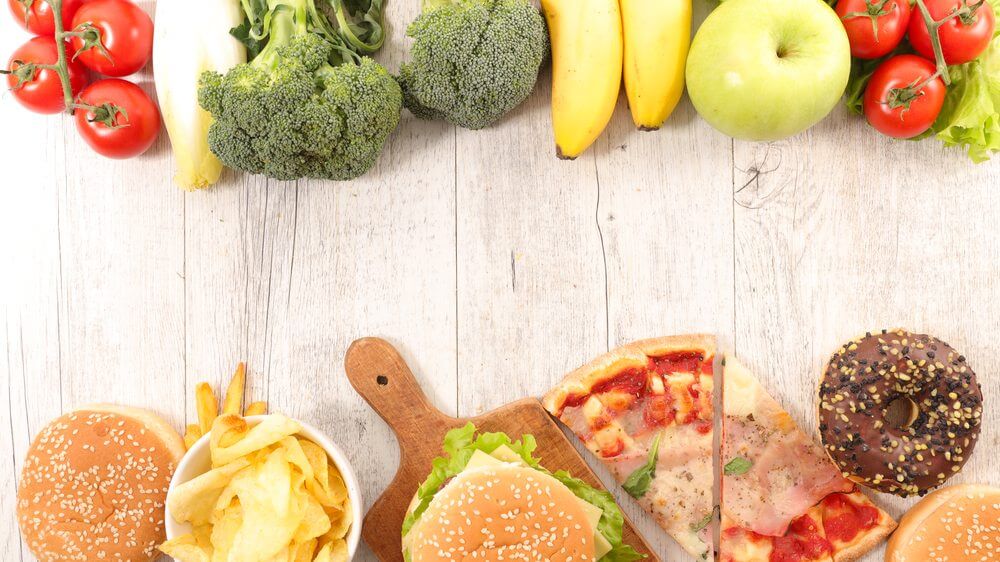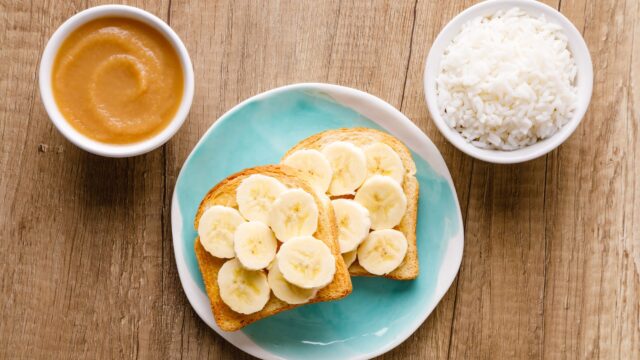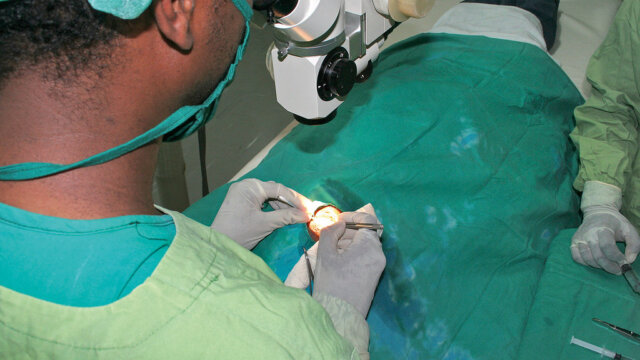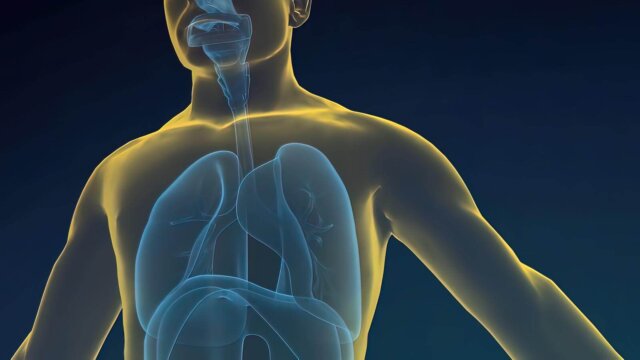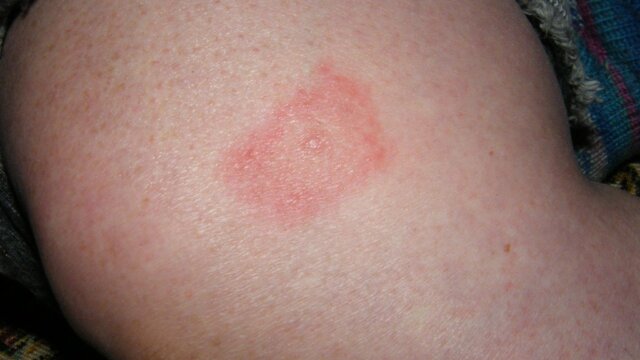FTC disclaimer: This post may contains affiliate links and we will be compensated if you click on a link and make a purchase.
There is no doubt that the obesity epidemic is one of the most troubling health issues affecting the United States and most modern industrialized world.
According to research, people affected with obesity and Type 2 diabetes, heart disease, and high blood pressure have skyrocketed in recent years.
Moreover, worldwide, people are starting to see their pants become tighter and tighter as they continue to rely on quick, convenient, and often unhealthy meals as their prime source.
Unfortunately, lifestyle diseases don’t always give clear indications and are closely related to daily choices.
Diabetes symptoms are usually silent, and only until someone passes out from a blood sugar crash, find out they have diabetes.
While symptoms of heart disease are often more apparent, most don’t realize that they have heart disease until they suffer from a stroke or heart attack.
To best combat these diseases, we need to use preventative care, proper diet, and exercise.
Most of us don’t understand what healthy food is anymore.
Fat is one type of food that has received much attention and created panic and confusion. It started receiving more recognition after the popularity of the Mediterranean Diet and the South Beach Diet.
Why is fat essential for healthy living?
Mostly fat has a bad reputation, and some of the fat has also justified that it gives rise to cholesterol, cardiovascular disease, diabetes, cancer, and obesity.
But, not all fat is to be seen as equal. Some fat helps in the proper functioning of our body promotes a good immune system and health.
Once you know the differences between fats, it is easy to decide which fats to eat, avoid and eat in moderation.
Fat is essential for our body functioning, just like protein and carbohydrates. In addition, fat helps specific vitamins dissolve into our bloodstream and provide nutrients.
But, some fat harms our body, and some fat is good, depending on how it is produced and used with other foods.
Dietary fat, also known as fatty acids, can be found in food derived from plants and animals.
What is a Good Fat?
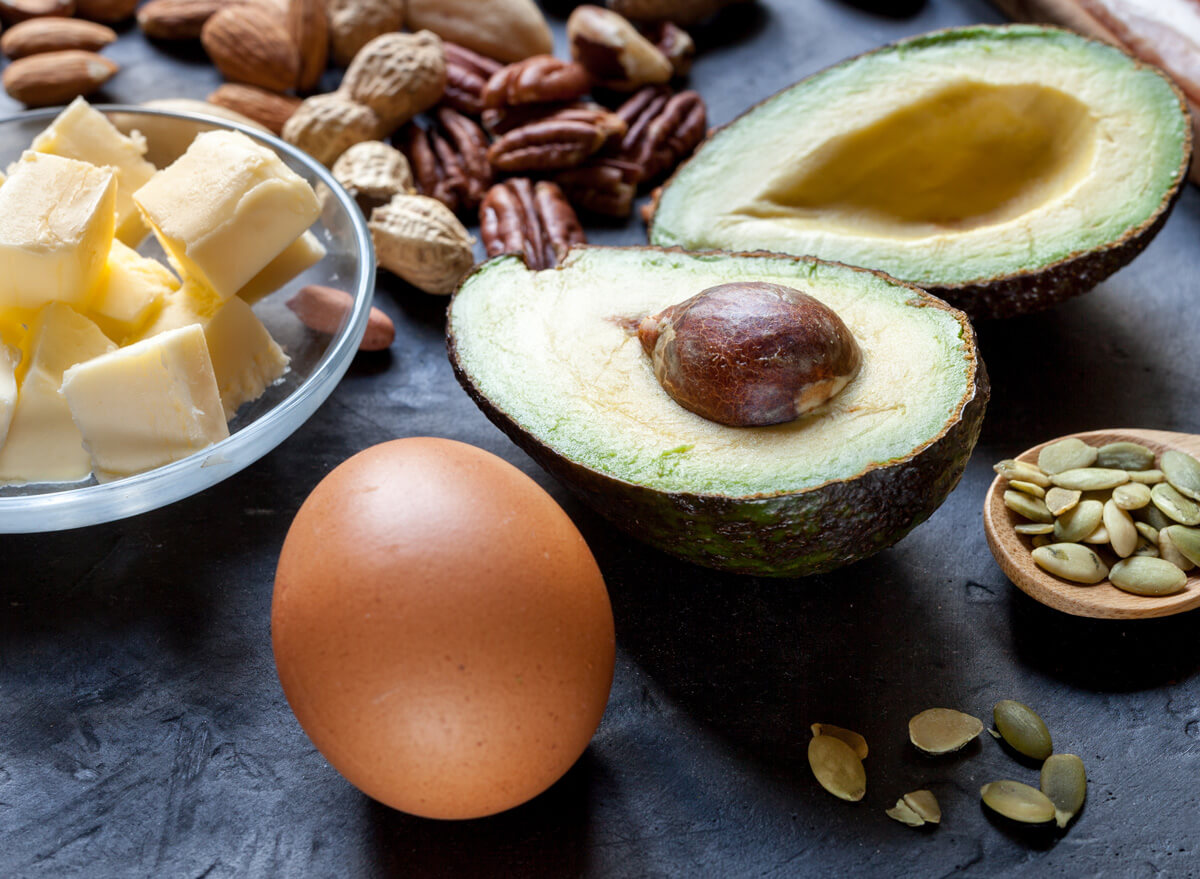
Good fats are unsaturated fats that help lower bad cholesterol and raise your good cholesterol.
There are two main types of good fats: monounsaturated and polyunsaturated, and both provide significant benefits to your health.
While monounsaturated fats are better for you, polyunsaturated fats are great because they are usually found in foods high in omega-3 fatty acids – and essential fatty acids that our body cannot produce on its own.
Monounsaturated Fat
Monounsaturated fat is a healthy fat found naturally in olive oil, avocados, and certain nuts.
Moreover, monounsaturated fat helps in reducing the risk of heart disease, assists in weight loss, improves cholesterol level, and decreases inflammation.
The structure of monounsaturated fat contains a single carbon-to-carbon double bond and fewer hydrogen bond that makes them liquid at room temperature.
The monounsaturated fat foods include:
- Olive oil, peanut oil
- Nuts (peanuts, cashews, almonds, pecans)
- Peanut butter and almond butter
- Avocado
Polyunsaturated fat
Polyunsaturated fat is an essential fat required for normal body functioning.
These type of healthy fat contains Omega-3 and Omega-6 fatty acids, which help in improving brain functioning.
Moreover, it helps build cell membranes, assists blood clotting, improves muscle movement, and decreases inflammation.
The structure of polyunsaturated fat contains two or more carbon-carbon double bonds in its carbon chain.
Omega-3 fatty acid, the type of polyunsaturated fatty acid, decreases coronary artery disease risk, reduces blood pressure levels, and improves irregular heart rates.
The polyunsaturated fat foods include:
- Fish (Salmon, mackerel, and sardines)
- Seeds (flaxseeds, chia seeds, sunflower seeds, pumpkin seeds, sesame seeds)
- Nuts (Walnuts)
- Tofu
- Roasted soybeans and unprocessed soy nut butter
- Unrefined sesame oil
What are Bad Fats?

Trans fats, often found in fried food and highly processed foods, such as cakes and doughnuts, are the worst fats and have been shown to raise bad cholesterol.
According to a research paper, Trans fat has shown a direct link with cardiovascular disease, diabetes, obesity, breast cancer, colon cancer, a nervous system and vision disorder in infants, shortening pregnancy period, and much more.
Further, all types of foods that contain partially hydrogenated vegetable oils can give rise to trans fat.
The most common source of trans fat are:
- Fried foods (deep-fried fast foods, French fries, doughnuts)
- Baked foods (cakes, pastries, cookies)
- Processed snack foods (microwave popcorn, crackers)
- Margarine (Stick and tub)
- Vegetable shortening (made from soybean oil, cottonseed oil, refined palm oil)
Is Saturated fat good or bad?
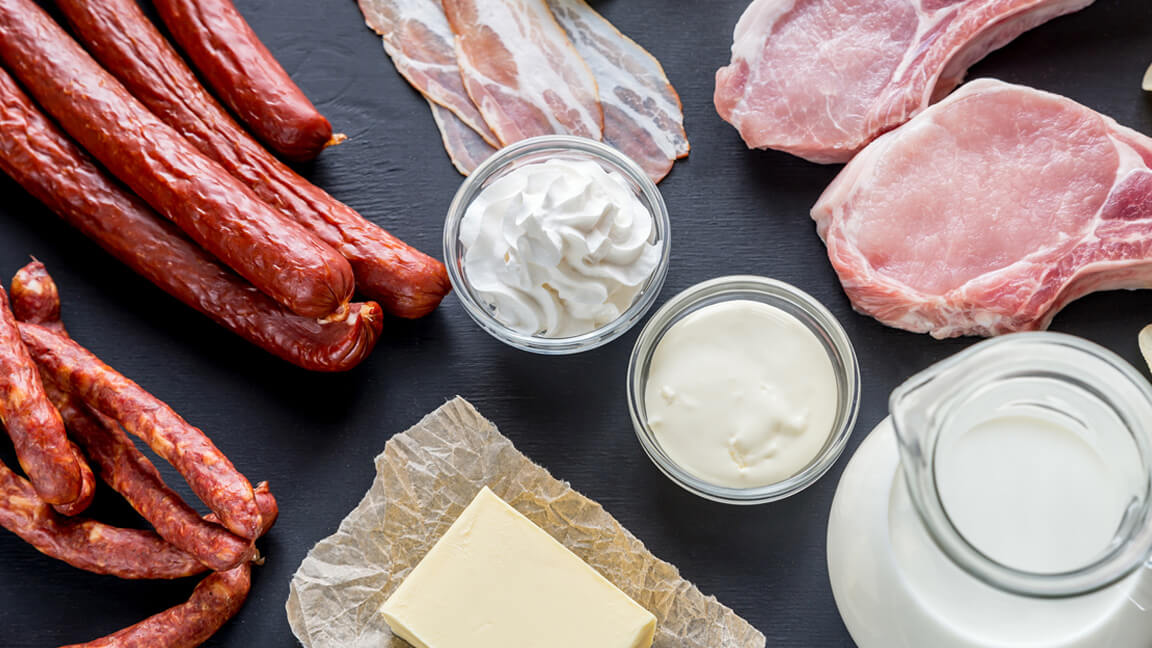
Saturated fats, good or bad, highly depend on the source and the way it is produced.
If the saturated fat is derived from processed food or processed by adding sugar and starch, it could be unhealthy.
Also, eating saturated fat in bad combinations such as saturated fat with carbohydrates and saturated fat with sugar can increase blood fats and LDL cholesterol levels.
For instance, cake, ice cream, dessert, burgers, fried chicken are examples of the bad source of saturated fat.
But if it is natural, high quality, organic, and grass-fed saturated fat, it can be healthy.
For instance, grass-fed butter, milk cheese, grass-fed chicken, lamb, pork, fish, organic coconut oil are good sources of saturated fat.
Saturated fat is good for our immune system, acts as a hormone precursor (a building block of hormones), and builds cell membranes.
Additionally, saturated fat is required by our bone for calcium metabolism.
Moreover, according to research, saturated fat has not shown any direct association with heart disease.
In addition to that, there are no findings that show any significant association between saturated fat and inflammation.
Also, the research and findings are minimal and inconsistent, which shows saturated fat has adverse effects on our mental function, metabolism, and appetite.
There are mainly four types of saturated fats
- Caprylic acid
- Lauric acid
- Palmitic acid
- Butyric acid
Caprylic acid is in coconut oil, dairy products, nuts, and breast milk. Caprylic acid enhances our immune system and has antiviral properties.
Lauric acid is found in breast milk and coconut oil. It is also antiviral and suitable for the immune system.
Palmitic acid is the main structural component of the cell. It is found in fish, nuts, and seeds.
Additionally, 50% of our cell membrane uses palmitic acid.
Butyric acid is the primary fatty acid that feeds the cell of the colon. It prevents leaky gut, digestive problems, and much more.
Moreover, you can also generate butyric acid from fiber you take from vegetables and salad.
Conclusion
Eating a proper diet is the first step in preventing heart disease and diabetes and improving our overall quality of life.
You also need to include good fats and saturated fat for your body’s overall functioning.
